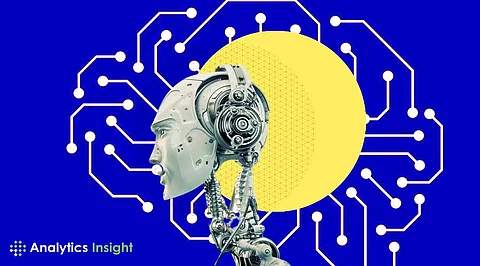

There is a profound transformation going on around the world owing to artificial intelligence. Self-driven cars and fully automated customer care are among the many sectors that are witnessing an immense level of change courtesy of AI. As a result, many worry about job security and fear that AI will eventually replace most jobs.
While it is true that AI will automate many tasks currently done by humans, it is not likely to replace all jobs. Some jobs require uniquely human skills that AI cannot easily replicate; therefore, these are the jobs most likely to survive and even thrive in this brave new age of AI.
While even jobs that will survive are sure to change, AI will still automate some aspects of work. Humans will free up their capacity to do much more complex and creative things related to their job. Inevitably, AI will also produce new jobs in areas that may not exist as yet.
So, what are the safest professions in terms of survival of the AI revolution? It's hard to be sure about anything, but three kinds of jobs are likely to remain important, and these include.
AI can create content, but not at the same level of originality and emotional depth as humans. Professions like artists, writers, musicians, and designers will likely stay in demand for long. Such professions need someone who can think outside the box and conceptualize new things with the mindset of establishing an emotional connection with different people through ideas. These are characteristics that AI is yet to acquire.
AI can be a tool for creative professionals, assisting with tasks like research, editing, or generating basic designs. However, the core creative work will likely remain in human hands. Humans will continue to be needed to provide the vision, inspiration, and artistic judgment that AI cannot replicate.
Jobs that involve caring for others and providing social support are also expected to be relatively safe from AI. These professions require empathy, compassion, and building strong relationships. While AI can automate some aspects of care, such as monitoring patients' vital signs, it cannot replace the human touch and emotional support people need.
These include nurses, therapists, social workers, and childcare providers. Such professions involve the understanding of people's emotions, comforting them, and guiding them through hard times. Such skills are difficult to automate since they require a deep knowledge of human psychology and social dynamics.
While AI is getting more intelligent and sophisticated with the robots it powers, there is still nothing quite like an experienced tradesman. Plumbers, electricians, carpenters, and mechanics all take a combination of technical knowledge, problem-solving abilities, and a degree of dexterity in working with their hands. These occupations are often unpredictable and subject to unique circumstances that AI cannot easily overcome.
In addition, many skilled trades require strong communication and customer service skills. The tradesperson is often required to explain complex technical issues to a client, take estimates, and build trust with the client. These interpersonal skills are hard for AI to reproduce.
These three categories highlight the significance of uniquely human skills in an age of AI. Creativity, empathy, social intelligence, and manual dexterity are qualities that AI can't replicate. Jobs that depend on these skills are likely to remain important and valuable in the future.
It is also important to note that education and training will be crucial for navigating the changing job market. People must be prepared to adapt to new technologies and acquire new skills. Lifelong learning will become increasingly important.
While AI is sure to alter the job market, it is not going to eliminate all jobs. Creativity, caregiving, and skilled trades are more likely to be preserved and perhaps even expanded in the future. By focusing on developing these uniquely human skills, individuals can future-proof their careers and contribute to a world where humans and AI work together. The key is to embrace change, adapt to new technologies, and focus on developing the skills that AI cannot easily replicate.
